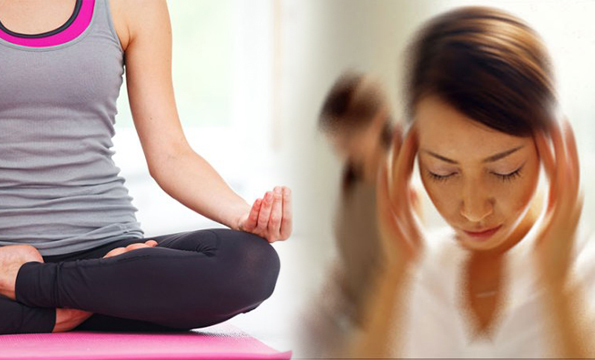Vertigo is a type of dizziness that’s characterized by the sensation of spinning. It’s sometimes referred to as a hallucination of motion. Imagine what it would feel like to be placed suddenly on a roller coaster that won’t stop, and you begin to understand the alarming symptom of vertigo. So, anyone with the symptom of vertigo should be seen immediately by a doctor in order to determine the cause. If you can’t get in by appointment, then obtain a ride to your local emergency room. They’re well equipped to do the required initial evaluation, and provide relief from the unpleasant symptoms, regardless of one’s ability to pay. Don’t drive or operate machinery until cleared by your physician. Dizziness, vertigo, and motion sickness all relate to the sense of balance and equilibrium. Researchers in space and aeronautical medicine call this sense spatial orientation, because it tells the brain where the body is “in space:” what direction it is pointing, what direction it is moving, and if it is turning or standing still. Your sense of balance is maintained by a complex interaction of the following parts of the nervous system: The inner ears (also called the labyrinth), which monitor the directions of motion, such as turning, or forward-backward, side-to-side, and up-and-down motions. The eyes, which monitor where the body is in space (i.e. upside down, rightside up, etc.) and also directions of motion. The skin pressure receptors such as in the joints and spine, which tell what part of the body is down and touching the ground. The central nervous system (the brain and spinal cord), which processes all the bits of information from the four other systems to make some coordinated sense out of it all. The symptoms of motion sickness and dizziness appear when the central nervous system receives conflicting messages from the other four systems.
Causes of vertigo
Circulation: If your brain does not get enough blood flow, you feel light headed. It is sometimes seen in patients with inadequate cardiac (heart) function or with anemia. Excess salt in the diet also leads to poor circulation. Sometimes circulation is impaired by spasms in the arteries caused by emotional stress, anxiety, and tension. If the inner ear falls to receive enough blood flow, the more specific type of dizziness occurs-that is-vertigo. The inner ear is very sensitive to minor alterations of blood flow and all of the causes mentioned for poor circulation to the brain also apply specifically to the inner ear.
Injury: A skull fracture that damages the inner ear produces a profound and incapacitating vertigo with nausea and hearing loss. The dizziness will last for several weeks, then slowly improve as the normal (other) side takes over
Infection: Viruses, such as those causing the common “cold” or “flu,” can attack the inner ear and its nerve connections to the brain. This can result in severe vertigo, but hearing is usually spared..
Allergy: Some people experience dizziness and/or vertigo attacks when they are exposed t o foods or airborne particles (such as dust, molds, pollens, danders, etc.) to which they are allergic.
Neurological diseases: A number of diseases of the nerves can affect balance, such as multiple sclerosis, syphilis, tumors, etc. These are uncommon causes.
Yoga postures can improve balance and stimulate the nervous system to help alleviate dizzy spells. Postures are choosen, that activate the nervous system and the balance centers in the inner ear, as well as building focus and concentration.
We also provide-
o foods or airborne particles (such as dust, molds, pollens, danders, etc.) to which they are allergic.
Neurological diseases: A number of diseases of the nerves can affect balance, such as multiple sclerosis, syphilis, tumors, etc. These are uncommon causes.
Yoga postures can improve balance and stimulate the nervous system to help alleviate dizzy spells. Postures are choosen, that activate the nervous system and the balance centers in the inner ear, as well as building focus and concentration.
We also provide-
Disclaimer
Yoga Ayurveda Therapy is Complementary Medicine and doesn't alternates any conventional treatment.
Yoga-Ayurveda Therapy needs physical assistance which may need physical touch. You can ask teacher or therapist not to give physical touch or assistance and based on whatever you choose, our teacher or therapist will follow the instructions. Any point you want to change the preference, then please inform teacher or therapist and management in writing. You will take responsibility of your decision and will not hold Union Yoga Ayurveda responsible for any kind of damage.
All kind of Yoga Ayurveda teaching and therapy can cause certain injuries and you are accepting those injuries. Signing up for the therapy or yoga courses means that you are aware of the probable injuries.
Union Yoga Ayurveda (Union Centre Pte Ltd) and its staff are not liable or responsible for any injuries caused during the session which are visible or not visible, physical or hormonal or mental. You as client take full responsibility of your own decision and will not claim any kind of compensation in terms of money or any resources for the damage caused because of due process.
Next Post

